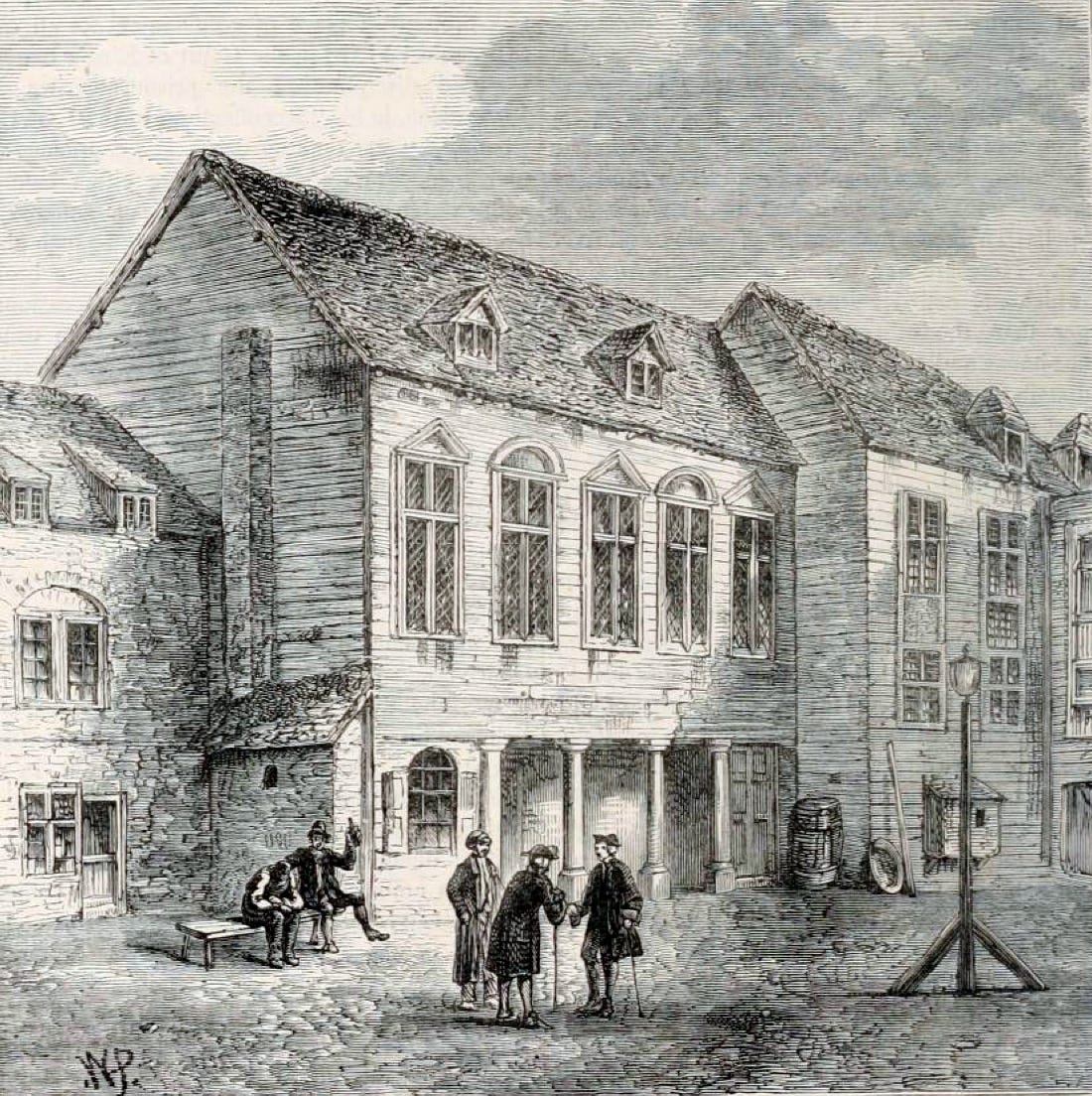In 2023, the Biden administration forgives the debt of university students.
American college students who previously paid off their debts are asking, “Why are those who default on their payments forgiven, and those of us who repaid our debts unrecognized for the character displayed in repayment of our debts?”
That’s a great question.
I have the answer.
Government Forgives Debts When Government Can’t Repay Its Debts
In 1824, Charles Dickens’s father was detained at the debtors’ prison in London called Marshsalsea.
For centuries, governments throughout Western Civilization incarcerated citizens who did not repay their debts.
Debtors' prisons were established with the belief that society benefits from the confinement of debtors for non-repayment of debts, deterring others from entering into unwise debt.
The debtors’ prison experience of John Dickens deeply scarred his twelve-year-old son, Charles Dickens, who lived in fear of debt — and a similar fate to his father’s — for the rest of his life.
Dickens immortalizes debtors’ prisons in all his novels, especially Little Dorrit. His ridicule of a “no fear of debt society” is evident in this sarcastic hyperbole in Little Dorrit.
Keep reading with a 7-day free trial
Subscribe to Wade Burleson at Istoria to keep reading this post and get 7 days of free access to the full post archives.





